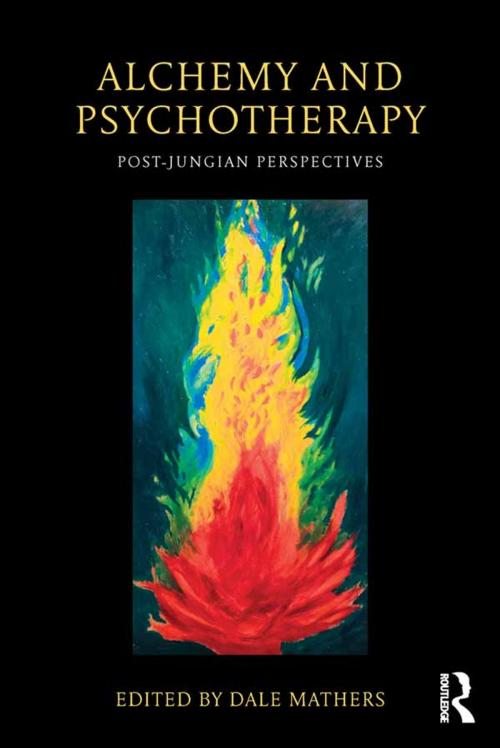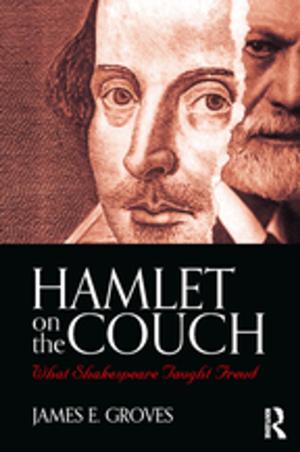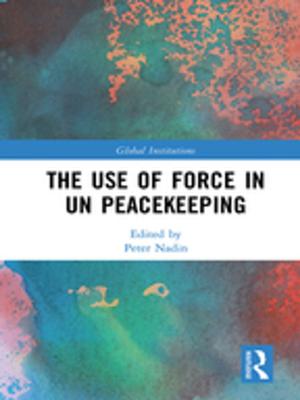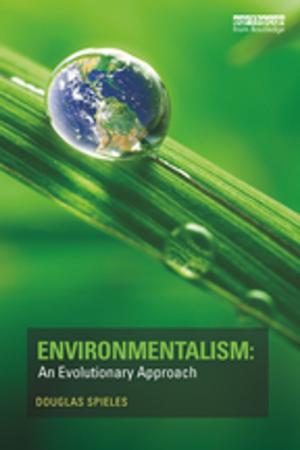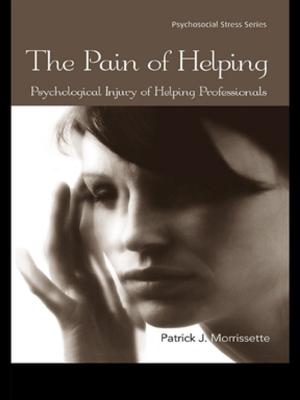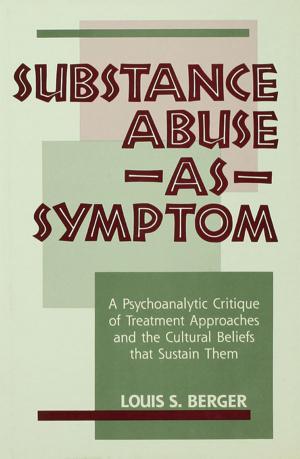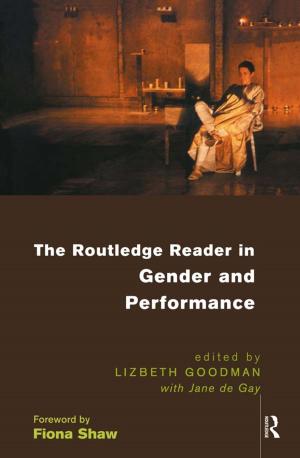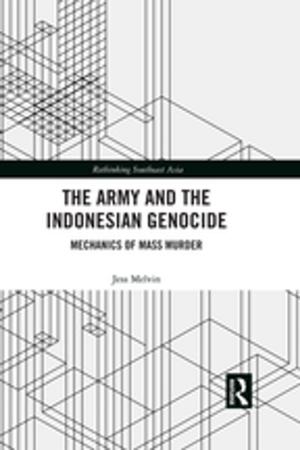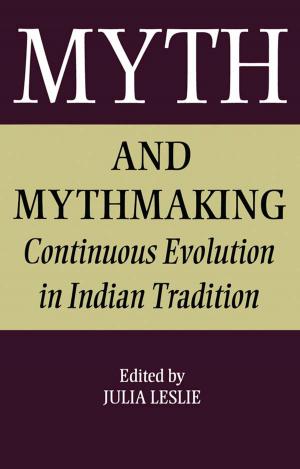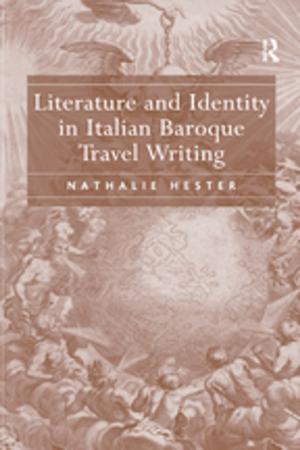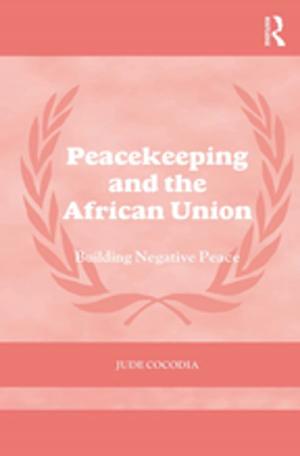Alchemy and Psychotherapy
Post-Jungian Perspectives
Nonfiction, Health & Well Being, Psychology, Psychoanalysis, Counselling, Psychotherapy| Author: | ISBN: | 9781317801047 | |
| Publisher: | Taylor and Francis | Publication: | March 5, 2014 |
| Imprint: | Routledge | Language: | English |
| Author: | |
| ISBN: | 9781317801047 |
| Publisher: | Taylor and Francis |
| Publication: | March 5, 2014 |
| Imprint: | Routledge |
| Language: | English |
Alchemical symbols are part of popular culture, most recently popularised in the Harry Potter books. Alchemy intrigued Carl Jung, the founder of analytical psychology. It inspired him as he wrote ‘the Red Book’ - the journal of his voyage of internal discovery. He devoted much of his life to it, using alchemical symbols as metaphors for unconscious processes. Alchemy and Psychotherapy explores the issue of alchemy in the consulting room and its application to social and political issues. This book argues against the dominant discourse in contemporary psychotherapy - scientific materialism - and for the discovery of spiritual meaning.
Alchemy and Psychotherapy has four main sections:
‘Alchemy and meaning’ - looks at the history of alchemy, particularly the symbol of the coniunctio - sacred marriage - a metaphor for the therapeutic relationship.
'The symbolic attitude’ - explores working with dreams, fairytales, astrology and the body: each of which is a symbolic language.
‘The spirit and the natural world’ - discusses the concept of 'burn out' - of therapists, our ecological resources, the mystical aspects of quantum physics and the philosophical underpinning of symbol formation.
‘Clinical Applications’ - shows alchemy’s use with victims of abuse, those struggling to secure gender identity, in anorexia and in ‘social healing’ - atonement and restorative justice - which apply the idea of the coniunctio.
Alchemy and Psychotherapy is illustrated throughout with clinical examples, alchemical pictures and poetry which emphasise that alchemy is both a creative art and a science. Bringing together contributors from a wide range of disciplines, Dale Mathers and contributors show that therapy is both art and science, that the consulting room is the alchemical laboratory, and that their research is their creative engagement. Alchemy and Psychotherapy will be a valuable resource for practitioners, students at all levels of psychotherapy, analytical psychology, psychoanalysis and creative, art-based therapies and for creative practitioners (in film, literature and performing arts) who draw on Jung’s ideas.
Alchemical symbols are part of popular culture, most recently popularised in the Harry Potter books. Alchemy intrigued Carl Jung, the founder of analytical psychology. It inspired him as he wrote ‘the Red Book’ - the journal of his voyage of internal discovery. He devoted much of his life to it, using alchemical symbols as metaphors for unconscious processes. Alchemy and Psychotherapy explores the issue of alchemy in the consulting room and its application to social and political issues. This book argues against the dominant discourse in contemporary psychotherapy - scientific materialism - and for the discovery of spiritual meaning.
Alchemy and Psychotherapy has four main sections:
‘Alchemy and meaning’ - looks at the history of alchemy, particularly the symbol of the coniunctio - sacred marriage - a metaphor for the therapeutic relationship.
'The symbolic attitude’ - explores working with dreams, fairytales, astrology and the body: each of which is a symbolic language.
‘The spirit and the natural world’ - discusses the concept of 'burn out' - of therapists, our ecological resources, the mystical aspects of quantum physics and the philosophical underpinning of symbol formation.
‘Clinical Applications’ - shows alchemy’s use with victims of abuse, those struggling to secure gender identity, in anorexia and in ‘social healing’ - atonement and restorative justice - which apply the idea of the coniunctio.
Alchemy and Psychotherapy is illustrated throughout with clinical examples, alchemical pictures and poetry which emphasise that alchemy is both a creative art and a science. Bringing together contributors from a wide range of disciplines, Dale Mathers and contributors show that therapy is both art and science, that the consulting room is the alchemical laboratory, and that their research is their creative engagement. Alchemy and Psychotherapy will be a valuable resource for practitioners, students at all levels of psychotherapy, analytical psychology, psychoanalysis and creative, art-based therapies and for creative practitioners (in film, literature and performing arts) who draw on Jung’s ideas.
